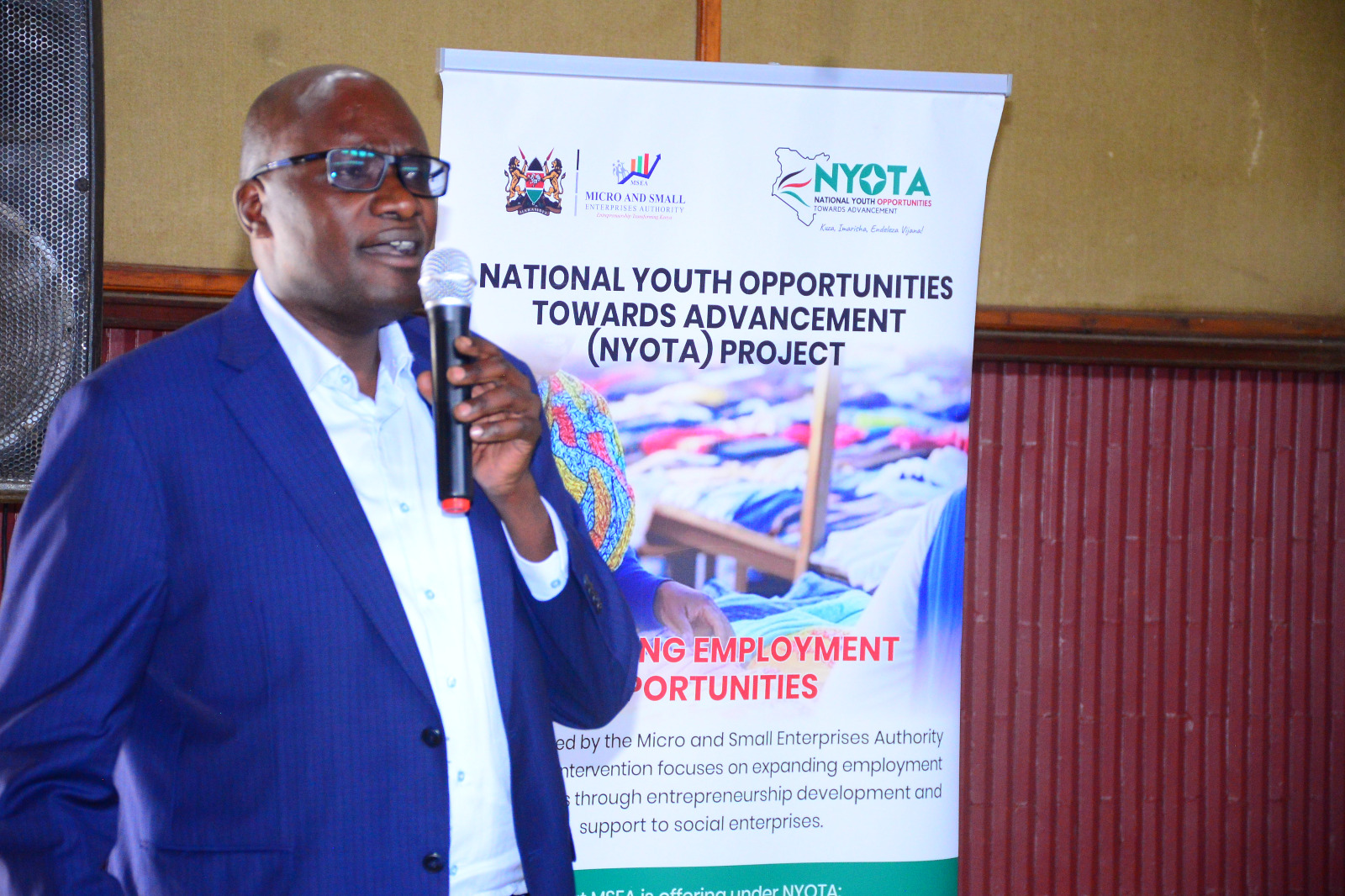As unemployment crisis in the country continue to impoverish millions of youth, a call has been made urging them to consider venturing into beekeeping as an alternative for employment.
Stakeholders observe that high demand for bees’ products in the country creates a huge opportunity for youth.
Statistics indicate that the country requires about 100,000 tons of honey annually but local farmers only manage to produce 20,000 tons leaving a huge deficit that’s usually filled through imports.
Rosemary Kirika, the Founder and Patron of the Rose Kirika Foundation, a lobby that has been supporting locals on beekeeping to improve their livelihoods, maintains that the opportunities in beekeeping business can significantly help alleviate joblessness for many youth in the country.
The Foundation has already imparted crucial apiculture training to over 500 farmers drawn from various villages in Chania, Gituamba, Mang’u and Githobokoni wards in Gatundu North sub-county, Kiambu County.
Kirika warned that overreliance on white-collar jobs has continued to impoverish youth across the region and the country.
Speaking during the graduation ceremony of some 70 farmers who have undergone the training in Kirai village, Kirika noted that her lobby has started attaching in youngsters in the training as it seeks to empower them with crucial knowledge and provide them with an alternative source of income.
ALSO READ:
Kenyan businesses secure assurance over Tanzanian business order
“There’s money in farming and beekeeping can make fortunes for the youth who are still grappling with unemployment. I plead with them to form groups and start this venture,” she said.
Kirika who’s also the Kiambu County Deputy Governor noted that some of the training being imparted to farmers and youth include general beekeeping, honey bee biology and behavior, bee botany, beekeeping equipment, honey bee diseases, pests and predators, hive products processing and marketing and product utilization and quality control.
She noted that beekeeping is a lucrative venture that has not been exploited adding that farmers must diversify and embrace beekeeping as a business.
Kirika also noted that there is high demand of bee products in the market saying that farmers should take advantage of the situation and make fortunes from beekeeping.
“There are many bee products that are in high demand in the market currently. The supply is very low and this is an opportunity for our farmers to exploit so that they can earn a decent living,” she said.
She quipped that the programme is also aimed at providing alternative job opportunities to youths in the region and help save majority of youngsters from the jaws of alcoholism and drug abuse. She reiterated that her initiative is meant to empower and support families against alcoholism and substance abuse.
ALSO READ:
Kagwe defends four per cent sugar levy amid pushback from stakeholders
Kirika at the same time revealed that the programme will soon be rolled out in other wards across the county noting that 300 farmers comprising of youths, women and men in every ward will benefit.
“Besides the training, we will assist the farmers with crucial equipment to boost their farming including protective gears. This is one of the empowerment programmes that we are undertaking together with other partners,” Kirika said.
Kuria Mutunga, an apiculture trainer from Gatundu North noted that bee keeping is a lucrative venture that is yet to be fully exploited adding that there’s numerous uses of bee products that can economically empower farmers.
James Muriuki, an apitherapist who was training the farmers said that they imparted requisite knowledge on the nine bee products, including honey, propolis, pollen, bee bread, venom or sting therapy and collection of beehive air to the farmers to help the reap high yields from their farming.
“We have also taught them on the use of pesticides in their farms because harmful pesticide residues and chemicals are the great enemies to beekeeping,” Kimani said.
Farmers led by Eunice Njeri and Martin Kariuki hailed the training as a shot-in-the-arm noting that it will help them venture into beekeeping with an assurance of generating good returns and therefore improve their livelihoods.
Kariuki noted that the training ended their skeptism that bees are dangerous and should be avoided saying that they are now upbeat that they will rear them and eke proceeds from the practice.
“We are grateful for this training and the help that has been accorded to us. We are optimistic that we will thrive in the beekeeping business and improve our living standards,” he said.
By John Kamau
Get more stories from our website: Sacco Review.
For comments and clarifications, write to: Saccoreview@
Kindly follow us via our social media pages on Facebook: Sacco Review Newspaper for timely updates
Stay ahead of the pack! Grab the latest Sacco Review newspaper!



